Shona literature impressive, 35 years on
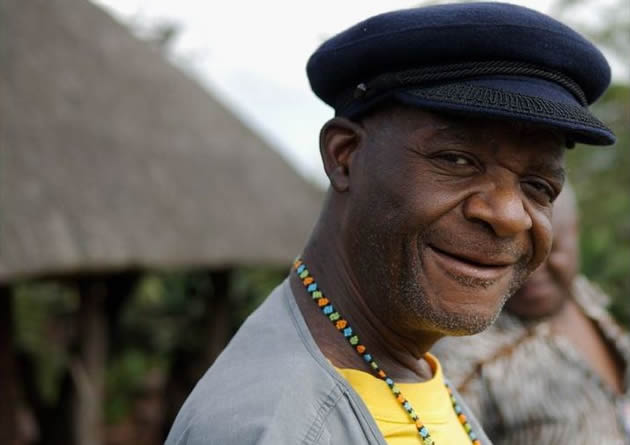
Beaven Tapureta Bookshelf
Our literature in Shona is very impressive in so many ways. Between 1950 and 1980, Shona literature is found getting involved concurrently in various different movements.
It is bent on chronicling black people’s losses to colonialism. On the other hand, the literature is torn between protesting against colonialism and persuading the reader that colonialism delivered the black folk into modernity and a higher plane of existence. After 1980, Shona literature bursts out into numerous directions.
Shona literature sets off with Solomon Mutswairo’s novel “Feso” published in 1956. It is an indirect but intelligent attack on colonialism and its evils. The story goes back into the Shona ‘old world’ in order to comment on the plunder of black people by colonial forces. The nationalist movement adopted the poem which is found at the core of the novel and recited it at their meetings. The late Vice-President Simon Vengai Muzenda used to recite the poem with such vigour at various rallies that it served as an example of how powerful literature can be.
There is also Herbert Chitepo’s “Soko Risina Musoro” (1958), an epic poem which dwells on the endless instabilities of a people who struggle to put a finger on the real issues that trouble them.
Solomon Mutswairo’s second novel titled “Murambiwa Goredema” (1959) is a veiled, if not partly unconscious attack on the disruptive nature of the new money economy. The new urban setting is portrayed as destroying the Shona people’s well being, their harmony and decency. Patrick Chakaipa’s “Garandichauya” (1963) operates in the same mode. However, the veiled suggestion that the black people should remain in the Tribal Trust Lands if they are going to make real sense of their lives, is rather startling.
Bernard Chidzero’s “Nzvengamutsvairo” (1957) treats the same matter with more complexity and does little to conceal the protest against the marginalization and exploitation of black people by whites in settler Rhodesia.
If Chidzero’s attack of colonialism is not really intended, maybe Thompson Tsodzo’s iconic novel “Pafunge” (1970) is more direct. “Pafunge” satirises the settler’s pretense to bring about modernity to black people. It also unravels Christianity’s hypocritical attempts to direct the souls of black folk towards righteousness. Tsodzo’s satire is very heavy and intelligent that it calls for a discerning reader to fully get to it. “Pafunge” brings back memories of characters like Joe Rugg or Painos Kamunda or even Mufundisi Lovedale!
There is also a wide variety of novels that explore the Shona pre-colonial world in a manner that is entertaining and purely romantic. These are texts like Patrick Chakaipa’s “Karikoga Gumiremiseve” (1958), David Chiguvare’s “Kutonhodzwa kwaChauruka” (1976), Giles Kuimba’s “Tambaoga Mwanangu” (1963), and Francis Mugugu’s “Jekanyika” (1968). Many others are very popular up to this day and have appeared more regularly than any other novels on the Zimbabwean school syllabus.
The war novel in Shona bloomed during the first decade of independence in a phenomenal way. Most notable are Vitalis Nyawaranda’s ‘Mutunhu Une Mago’ (1985), Munashe Pesanai’s ‘Gukurahundi’ (1985), Habakuk Musengezi’s ‘Zvairwadza Vasara’ (1982) and Charles Makari’s ‘Zvaida Kushinga’ (1985). However these novels tend, in most cases, to be steeped in the euphoria of independence of the early 1980’s and doing less critical interrogation of the war of liberation.
Women writers also count in Shona literature. Some very outstanding works by women explore the relations between men and women in a fast changing society. There is Joyce Simango’s “Zviuya Zviri Mberi” (1974). It is a story about Tambudzai whose father chooses a suitor for her and the poor girl is saved from such an arrangement by her very resistant mother.
There is also “Akafuratidzwa Moyo”(1983) by Sharai Mukonoweshuro, a story in which a young wife fights running battles with her mother- in- law so that she can have her own space in the family that she marries into. Zimbabwe Women Writers’ short story collection called “Masimba” (1996) has many stories about women who struggle to assert themselves in communities that are technologically under-privileged. There is also Rudo Makayi’s novel “Makudo Ndomamwe” (2004) in which a girl gets empowered through education.
However, the last half of the first decade of independence and the decade after it saw the appearance of more complex novels in the Shona language. Complex with regards to the choice of subject and manner of writing. These novels use very internal and personal voices. The protagonists or main characters are keen to explore the ambivalence of life’s circumstances.
In this mould is Charles Mungoshi’s “Kunyarara Hakusi Kutaura?”(1983). It is considered to be a very innovative novel, with the central character engaging in deep and wide introspection. There is also the reflective “Chakwesha” (1990) by Herbert Chimhundu. It is one of the most independent critics of the ambivalence of independence. The prose and dramatic works of Aaron Chiundura Moyo explore the loss of moral centre in the modern times. Some of his stories or plays are often plotted in the church, office, school and the private space.
Ignatius Mabasa’s “Mapenzi” (1999) is arguably the most ground breaking Shona novel to date in that it is abstract and it weaves together monologue, song, poetry and dreams. He has followed up with “Ndafa Here?” and “Imbwa Yemunhu”. He is an inimitable writer and storyteller. While there are critics who are seeing Shona literature as taking a nosedive, Mabasa and other Shona writers have done so well in promoting contemporary Shona literature and making it visible everywhere.
The short story form in Shona has curiously lagged behind the poetry and novel. You can count only on Emmanuel Chiwome’s ‘Masango Mavi’ and Memory Chirere’s ‘Tudikidiki’. Thankfully, both books attempt to develop the short story into a reflective and philosophical enterprise. Chiwome and Chirere seem to have benefitted from a full understanding of theory and practice through their work in the academia.
There have been great names in Shona poetry from the pioneers to the present day. The pioneers of written Shona poetry are poets like Herbert Chitepo, Solomon Mutswairo and W.B. Chivaura who tended to come up with Shona versions of English poetry in both content anda stylistics. There are even various attempts at the sonnet in Shona. Chivaura’s ‘Dongo RaMandidzimba’ and ‘Mumukonombwe’ are musical and mind-tickling in the fashion of the English romantics of the sixteenth and seventeenth centuries. Mutswairo’s ‘Makomo eNyota’ is lyrical and nostalgic.
These poets were real apprentices of the English poets whom they had read at mission school. Ironically, the apprentices adopted their masters yearning for the old natural world that had given stage to the violent industrial world.
The pioneers dwelt on the beauty and culture of the world that colonialism had violently destroyed.
Younger poets like Mordekai Hamutyinei, Gibson Mandishona and Aaron Hodza variably perfected the art of written poetry to include love poems, dirges, hunting poems and many others. Mordekai Hamutyinei’s “Kana Uchinge Wamutanga Musikana” and “Ndiye Mwana Wandaireva” are some of the most recited love poems in the Zimbabwean schools. Aaron Hodza has even done a diligent job in collecting and putting in writing the clan poetry of various people of Zimbabwe.
The young generation of written poetry in Shona is led by Samuel Chimusoro, Chirikure Chirikure and Memory Chirere who have published the very few individual anthologies in Shona. Using free verse and a style that resonates with international influence and very wide reading, they explore the challenges of both the post independent Zimbabwe and the condition of the individual. Chirere’s latest Shona poetry collection “|Bhuku Risina Basa Nokuti Rakanyorwa Masikati” has received international acclaim and is being translated into the German language.
However, in the last few years, we have also witnessed some Shona poetry collections being published but these are mainly featuring new poets and it would be unfair to compare well-established poets with these new poets. They indeed deserve their own space!
Performing poetry or performance poetry in Shona has grown tremendously in recent years especially due to the influence of the Book Café. Outstanding names are Tinashe Muchuri aka Mutumwapavi, Trust Mtekwa aka Ticha Muzavazi, Biko Mutsaurwa, Batsirai Chigama and others. More recently, these poets have eventually published some of their poems in group anthologies. Working with sharp cut-throat words and lines, Muchuri and Mtekwa have become household names. Their Shona dub-poetry is a force to reckon with.
Although literature in Shona has not much resonance internationally for obvious reasons, locally it has been more vigorous than literature in English due to the wide variety of issues and styles it has covered. Some of the key writers in Shona are also key Zimbabwean writers in English. Examples are Charles Mungoshi, Musaemura Zimunya, Memory Chirere and Ignatius Mabasa. To a certain extent, Chirere is considered to be the next ‘Charles Mungoshi’ when looking at how the two’s writings navigate between English and Shona with such creative ease.

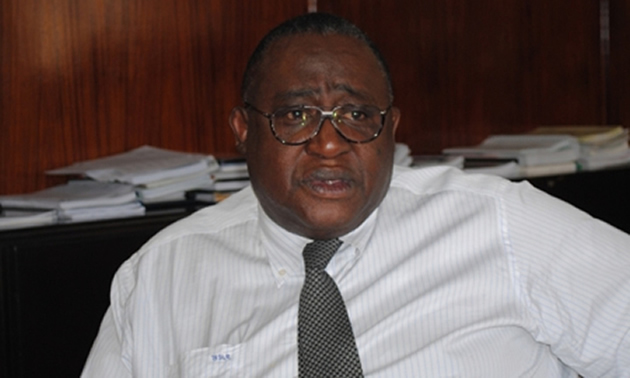
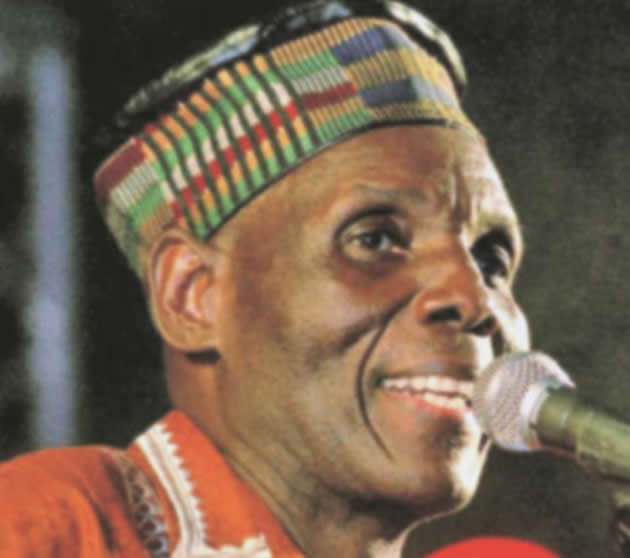

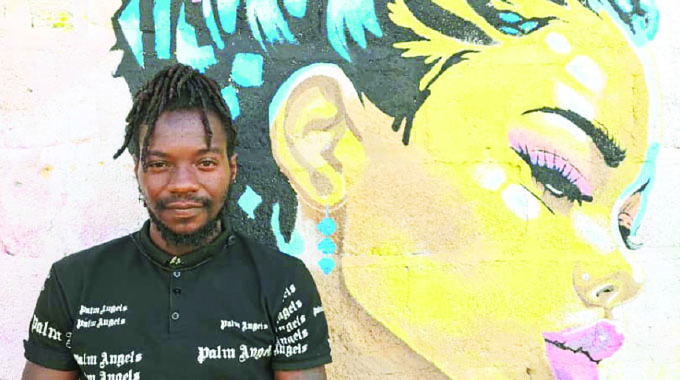
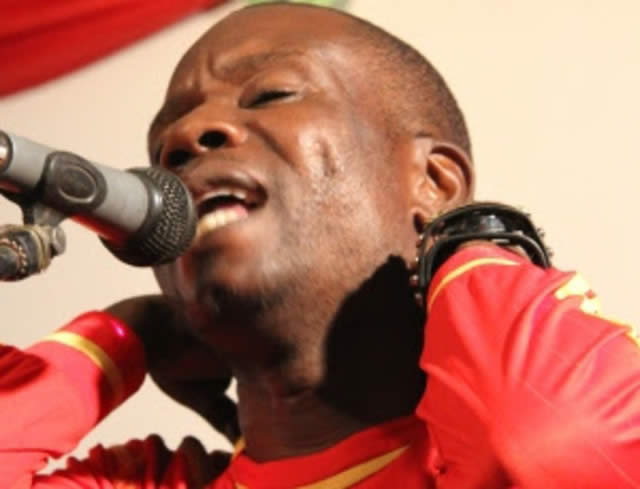

Comments